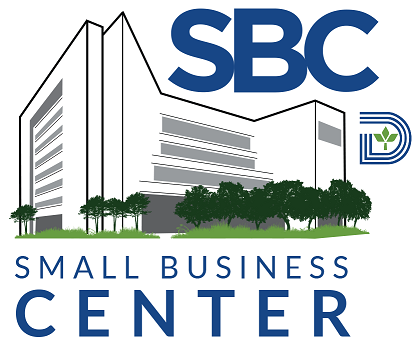Entrepreneurship is not the fairytale that some fiction writers have you believe. Changing your career to become an entrepreneur involves risk. Risk is change, and change is scary.
Being thoughtful and able to evaluate those risks is key to being a great risk-taker. Research before you take that leap. Write out the pros and cons of those risks. The new challenges, new opportunities the possibility to improve oneself or an industry or a community are possible benefits. The downside is failure and embarrassment. Think through worst case scenarios. Take the time to acknowledge what failure means. And contrastingly, think what success means. How will success impact your life and relationships? Will success potentially make a difference in your community or impact an entire industry? Know that you will have learned new skills, pushed yourself and grown. In addition, those skills and experiences transfer to other parts of your life as well as future career opportunities.
How do you proceed after you decide to take that risk?
Think through what are each of the risks, and then how to mitigate them. Make sure you have a diverse team to strengthen your idea. Diversity of gender, background, age and industry all reduce risk by increasing the perspective on the idea. While it may be comfortable to put similar people on your team, resist creating a team of like-minded individuals. If you do not look at different angles, you will be blind-sided by problems and those risks that you were not able to foresee. Being uncomfortable is good because it will make you stronger. Get honest feedback from a wide range of people, ask for feedback and improve your communication, pitches, and programs.
New experiences are worth it.
Women are more risk-aware not risk-averse. Risk should not stop you. But know that:
1. Raising money is hard, and it’s HARDER for women to raise money. Look at statistics on venture capital funding for women.
2. Build into your business plan that business to business sales take longer.
3. Hiring is difficult. The people you have worked with in large institutions may not be best people to hire. Startups often default to hire friends. But hiring the wrong people is costly in terms of the amount of time it takes to hires someone, then the time it takes to realize they are not the right person, and then the time it takes to fire that person.
4. Network in the entrepreneurial community. Get connected to other outliers that are doing innovative projects and startups. Make connections, practice and insight from your own entrepreneurial community.
For more insight on entrepreneurship contact the Dallas BRAIN. Or visit the Dallas Public Library’s Downloadable media page that includes Lynda.com–a database that is free through your active Dallas Public Library Card. This online learning platform that helps anyone learn business, software, technology and creative skills to achieve your personal and professional goals. The courses include panel discussions and seminars on a wide variety of topics, business people and companies and can be additionally filtered and searched by skill level, duration as well as learning paths. Learning Paths are suggested courses and series for those interested in specific career paths for changing your career path.



